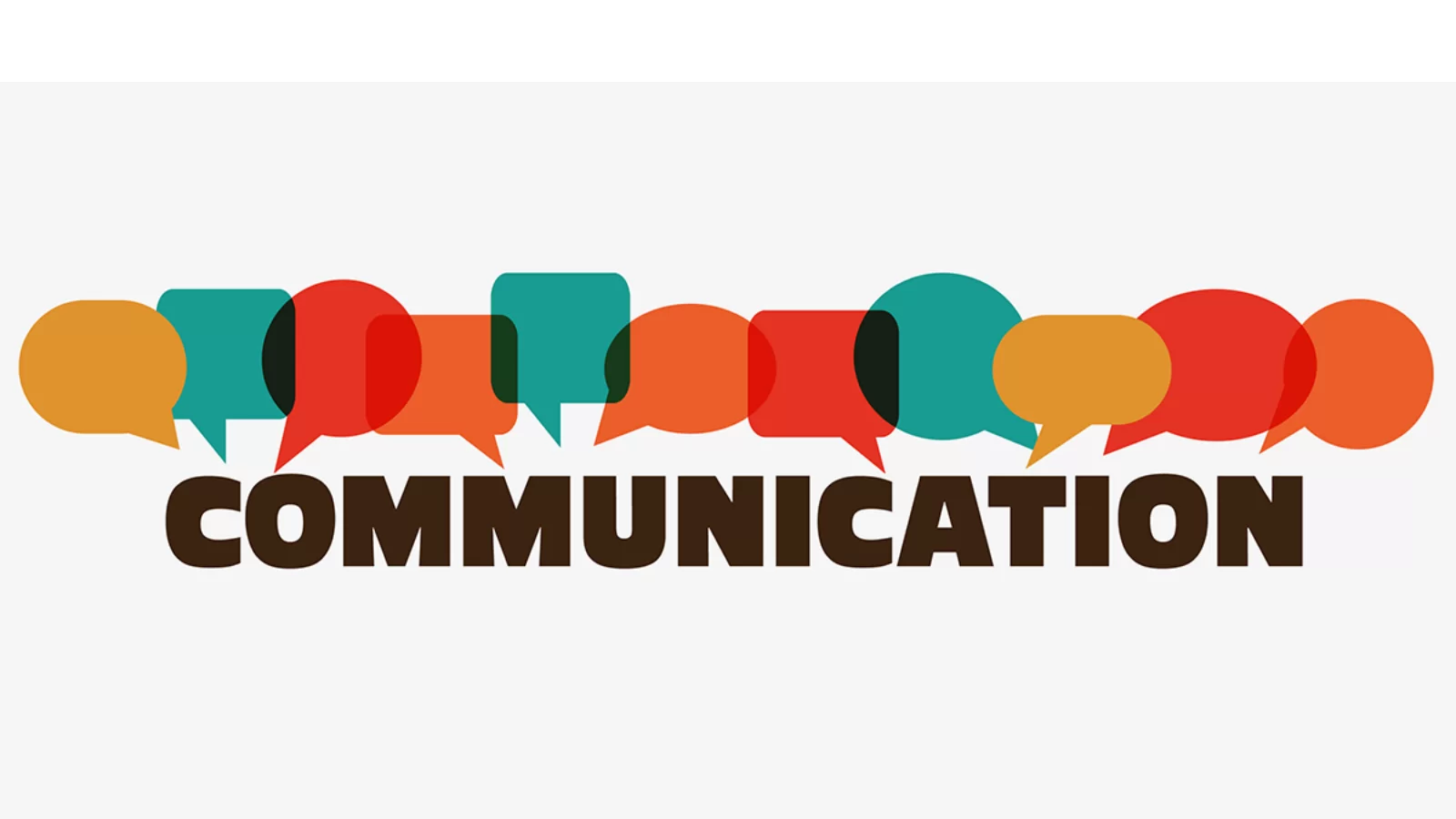
Improve Your Communication Skills, actively listen, practice clear speaking, organize thoughts, proofread, seek feedback, engage in regular practice, and expand vocabulary. These practices improve understanding, tone, body language, and overall communication, enhancing the ability to convey ideas and connect with others.

Improve Your Communication Skills is critical for success in many areas of life, including personal relationships, professional encounters, and social activities. Effective communication allows us to clearly convey our thoughts and ideas, better understand others, form strong relationships, and prevent misunderstandings. This guide will go through practical tactics and approaches for improving your communication abilities.
Active Listening
Effective communication begins with active listening. Avoid distractions and keep your eyes on the speaker. Use voice cues, gestures, and nods to demonstrate your attention. Wait for the speaker to finish speaking before responding, and refrain from interrupting them. As you practise empathy, try to understand their feelings and point of view. Before voicing your own thoughts or opinions, take into account what has already been expressed.
Clarity and Conciseness
Consider your word choice and sentence structure while expressing yourself clearly. To avoid confusion, use plain and concise wording. Organize your thoughts and convey them in a logical order. Nonverbal communication, such as body language and facial expressions, can be used to supplement your spoken words.
Body Language and Non-verbal Communication
Communication relies heavily on nonverbal clues. Keep your arms uncrossed and your shoulders relaxed to project an approachable air. Make the right movements and facial expressions to effectively communicate your point. To determine the feelings and responses of others, observe their body language. By aligning your nonverbal and spoken clues, you can enhance your overall communication skills.
Empathy and Emotional Intelligence
Developing empathy and emotional intelligence allows you to better understand and connect with others. Put yourself in the shoes of others and try to understand their emotions and points of view. Recognize and validate their emotions. Respond with empathy, demonstrating real concern and care. Develop self-awareness in order to comprehend your own emotions and how they may affect your communication.
Practice Constructive Feedback
Giving feedback is an important part of effective communication. Focus on concrete observations and behaviours rather than personal attacks when providing comments. To promote a non-confrontational setting, use 'I' statements to communicate how you feel or interpret a situation. Provide constructive and solution-oriented feedback, including suggestions for improvement
Adapt to Different Communication Styles
Acknowledge that every individual has an own communication style. While indirect and courteous communication is preferred by some, direct and assertive communication is preferred by others. Adapt your communication style to the needs and preferences of the individual you are speaking with. Relationships will be strengthened and rapport will be developed with the help of understanding and flexibility.
Practice Effective Written Communication
Written communication is essential in today's digital world. Improve your writing skills by emphasizing clarity, grammar, and organization. For diverse situations, such as business emails or casual messages, use appropriate language and tone. Check your written communication for accuracy and clarity. Seek comments from others to help you improve your writing skills.
Public Speaking and Presentation Skills
Practicing effective public speaking and presentation abilities is useful in a variety of professional and personal situations. Practice organizing your thoughts, employing visual aids, and confidently conveying your point. Take note of your tone, volume, and tempo of speech. Maintain eye contact, use appropriate gestures, and incorporate storytelling tactics to engage the audience.
Seek Feedback and Continuous Improvement
Seek input from others on a regular basis to identify areas for growth in your communication skills. Request constructive feedback from trusted folks, such as mentors or coworkers. Consider your personal communication experiences and find opportunities for improvement. Seek learning opportunities, such as workshops or courses, to help you improve your communication abilities.
Keep in mind that strengthening communication skills is a constant effort. You may become a more successful communicator and improve your relationships, personal growth, and professional success by implementing these tactics into your daily life and practicing them consistently.
F.A.Q
1. How to improve your communication skills in English:
Active engagement and consistent practice are necessary to improve communication skills in English. Start by learning the basics of grammar and expanding your vocabulary. To improve your understanding of pronunciation and intonation, practise speaking frequently, ideally with proficient speakers, and watch or listen to native English-language media, including films or podcasts. Clarity and confidence can also be enhanced by reading aloud. Lastly, ask for feedback, record your speech to pinpoint areas that need improvement, and acknowledge mistakes as a necessary part of the learning process. Your communication abilities will gradually develop with patience and consistent practice.
2. How to improve communication skills for interview:
To improve your interview communication skills, prioritise clarity, confidence, and active listening. Practise answering typical interview questions aloud, and focus on speaking properly and at a reasonable pace. Boost your confidence by preparing essential topics and examples from your experience. Maintain eye contact, utilise good body language, and demonstrate active listening by nodding and answering carefully. Finally, conduct mock interviews or videotape yourself to find areas for growth.
3. How to show good communication skills in interview
Demonstrate effective communication during an interview by speaking succinctly and effectively, keeping eye contact, and attentively listening. Make sure your answers are logically organised and directly address the interviewer's questions. Express your excitement with a positive tone and body language. When describing your prior experiences, give specific instances of how you were able to effectively communicate concepts, overcome obstacles, or collaborate with others. To show that you are interested in and knowledgeable about the position, pose thoughtful questions.


